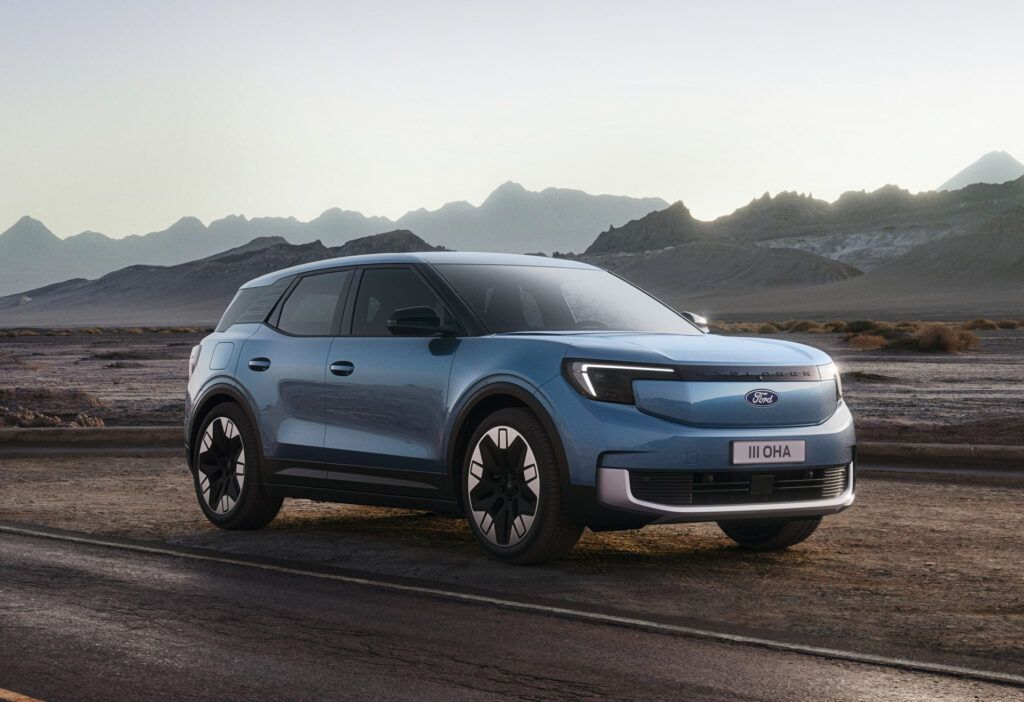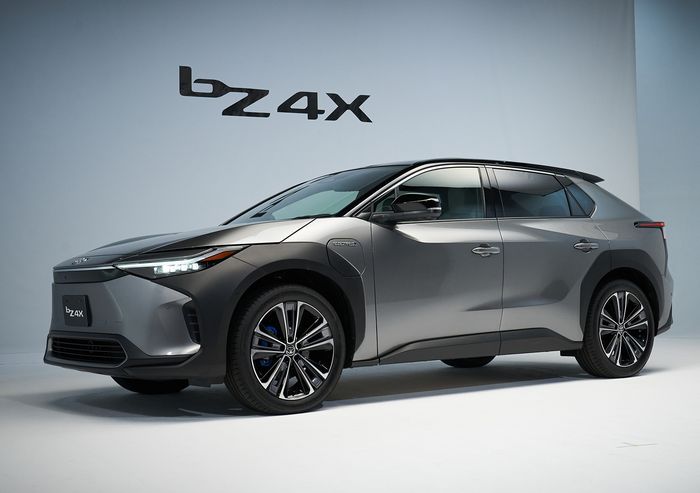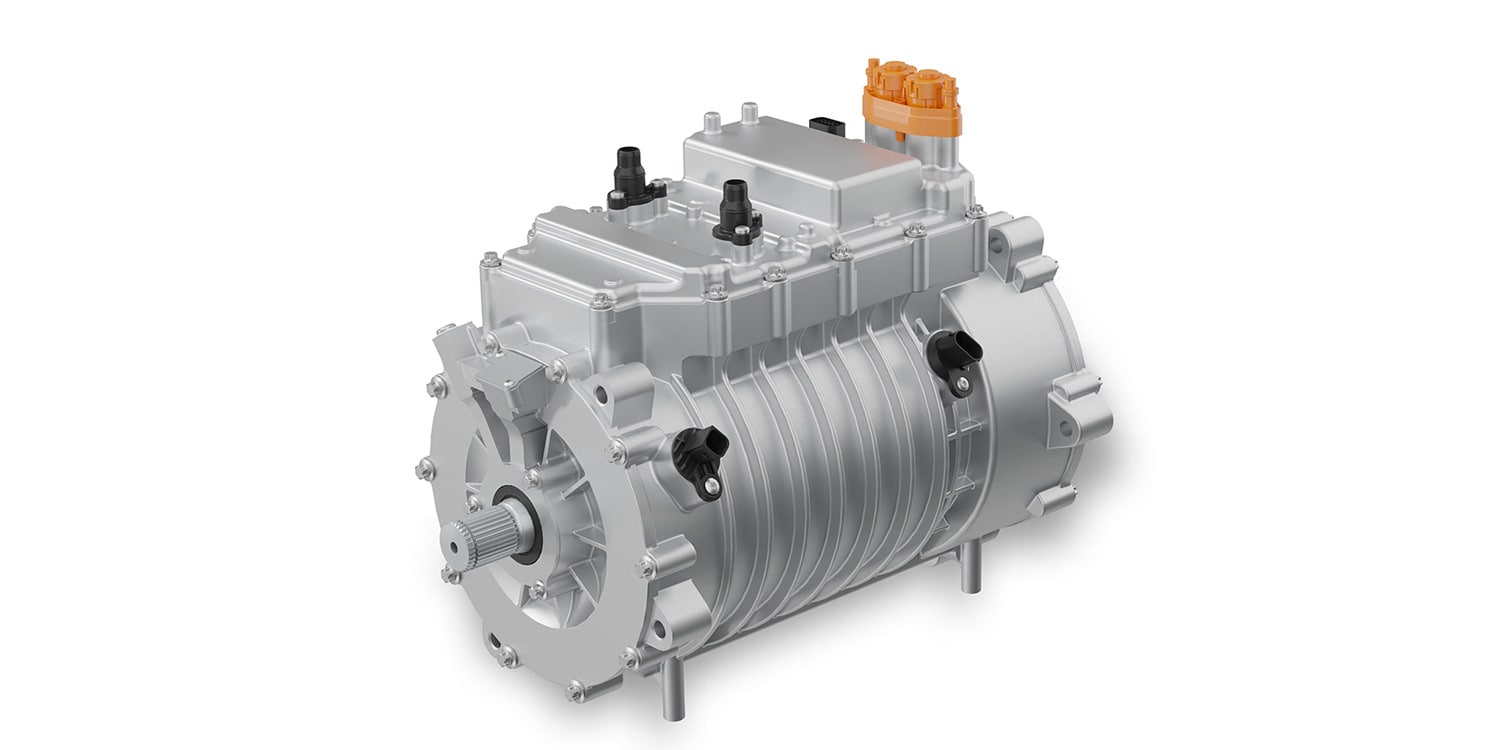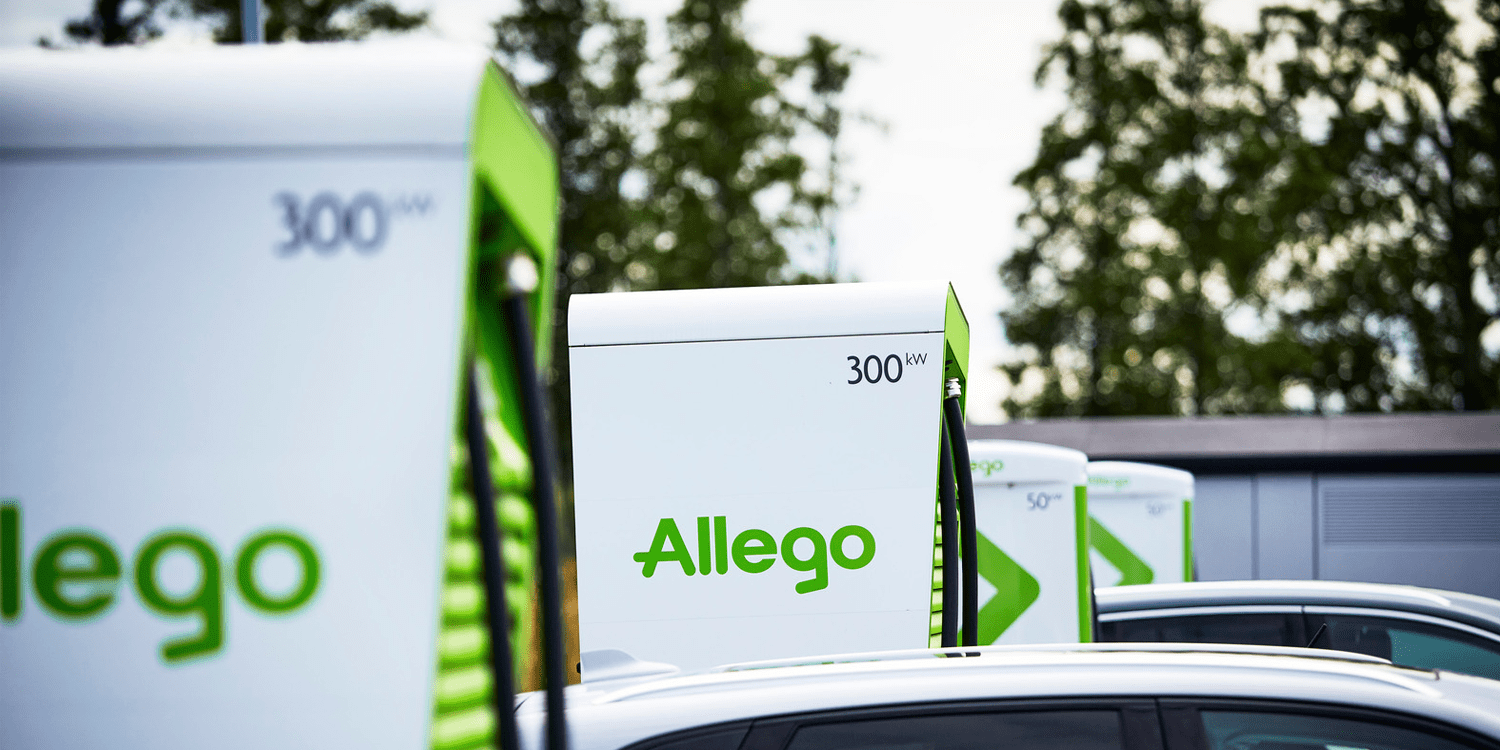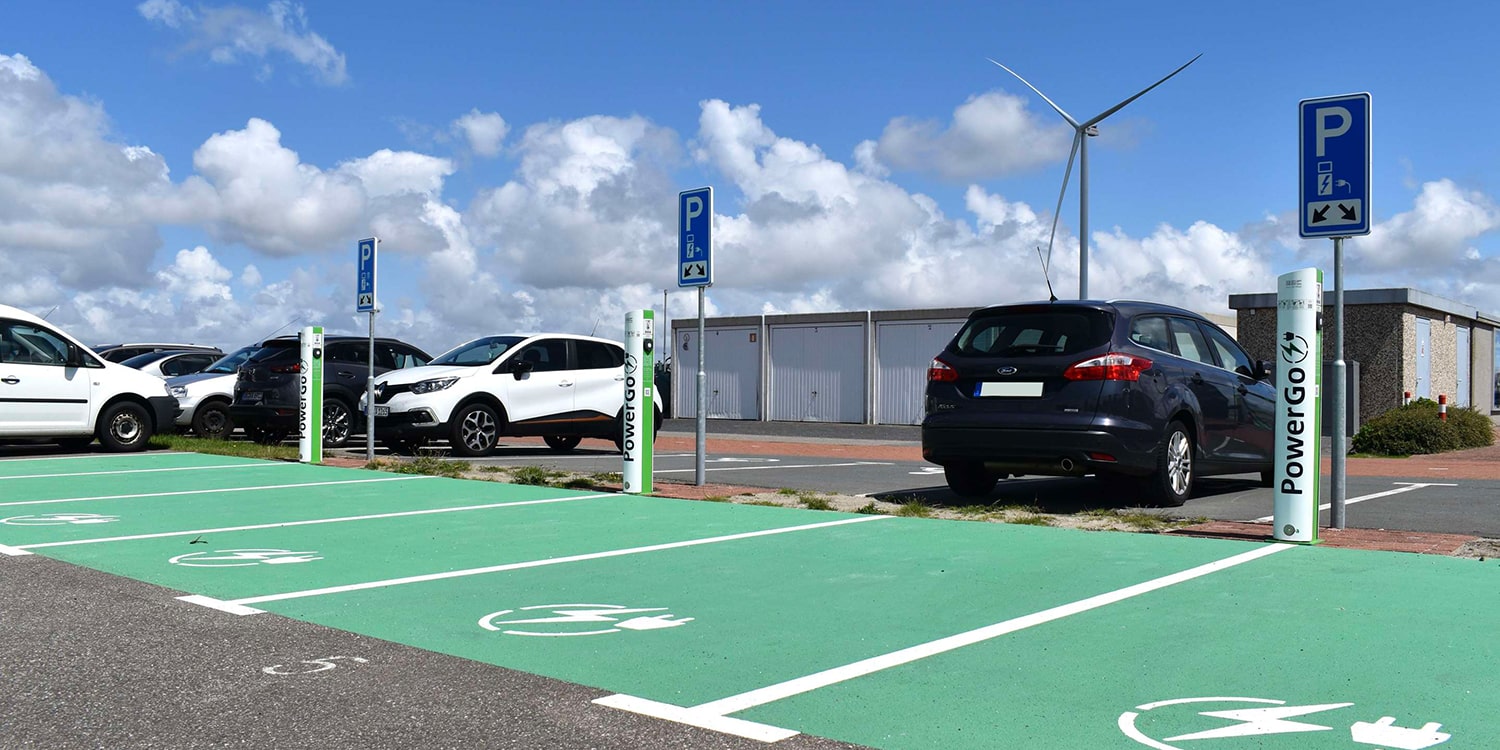In a significant move towards embracing an all-electric future, Ford is set to halt production of its highly popular Fiesta model. This decision allows the automaker to create essential space at its Cologne, Germany, plant for the manufacturing of Ford’s upcoming electric Explorer SUV.
Ford had previously announced its intention to remove the iconic compact car from its lineup sooner than anticipated, as part of its accelerated transition to electric vehicles (EVs). Autocar reports that the final Fiesta model will roll off the assembly line on July 7, 2023, marking the end of an era after 47 years and eight generations.
This strategic shift follows Ford’s commitment to transforming into an all-electric brand in Europe by 2030, with plans to introduce nine EV models to its lineup by 2024. In 2020, Ford joined forces with Volkswagen to expedite EV production in the region, intending to utilize VW’s MEB platform for launching their own branded electric vehicles.
Through this partnership, Ford expects to double its planned production volume to 1.2 million units within the next six years. After building anticipation for a new medium-sized crossover EV, Ford recently unveiled the fully electric Explorer SUV in Europe in March. The vehicle is projected to have a starting price of less than $50,000 (€45,000) and combines American design with premium German engineering, resulting in a stylish and functional mid-size crossover capable of accommodating five passengers.
Following a substantial $2 billion investment, Ford converted its Cologne plant into the “Cologne Electric Vehicle Center,” which became the company’s first carbon-neutral factory on June 12. This cutting-edge production facility has been specifically designed to manufacture next-generation EVs for the European market, with the electric Explorer being the first model to roll off the assembly line.
Martin Sander, the general manager of Ford Model E Europe, stated in an interview with Autocar in December, “We decided to build our first high-volume electric vehicle here in Cologne.” Sander emphasized the need for additional space due to the plant’s transformation into a fully battery-electric facility, resulting in the decision to cease Fiesta production.
The Fiesta model is one of several internal combustion engine (ICE) vehicles that Ford has phased out, including the S-Max and Galaxy minivans, to make room for EVs, such as the electric Explorer. Ford’s objective is to exclusively offer EVs in Europe starting in 2030. By 2026, the automaker aims to sell 600,000 electric cars annually as it progresses towards becoming a fully EV-focused brand in Europe by the end of the decade.

